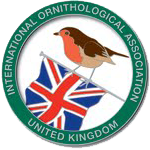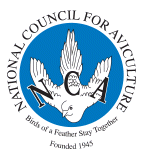- info@bkauk.org.uk
- Jamie Taylor: 07999 354 911, Shane Evans: 07376 669 333
Menu
Our members and supporters at the Bird Keepers Association keep a variety of birds.
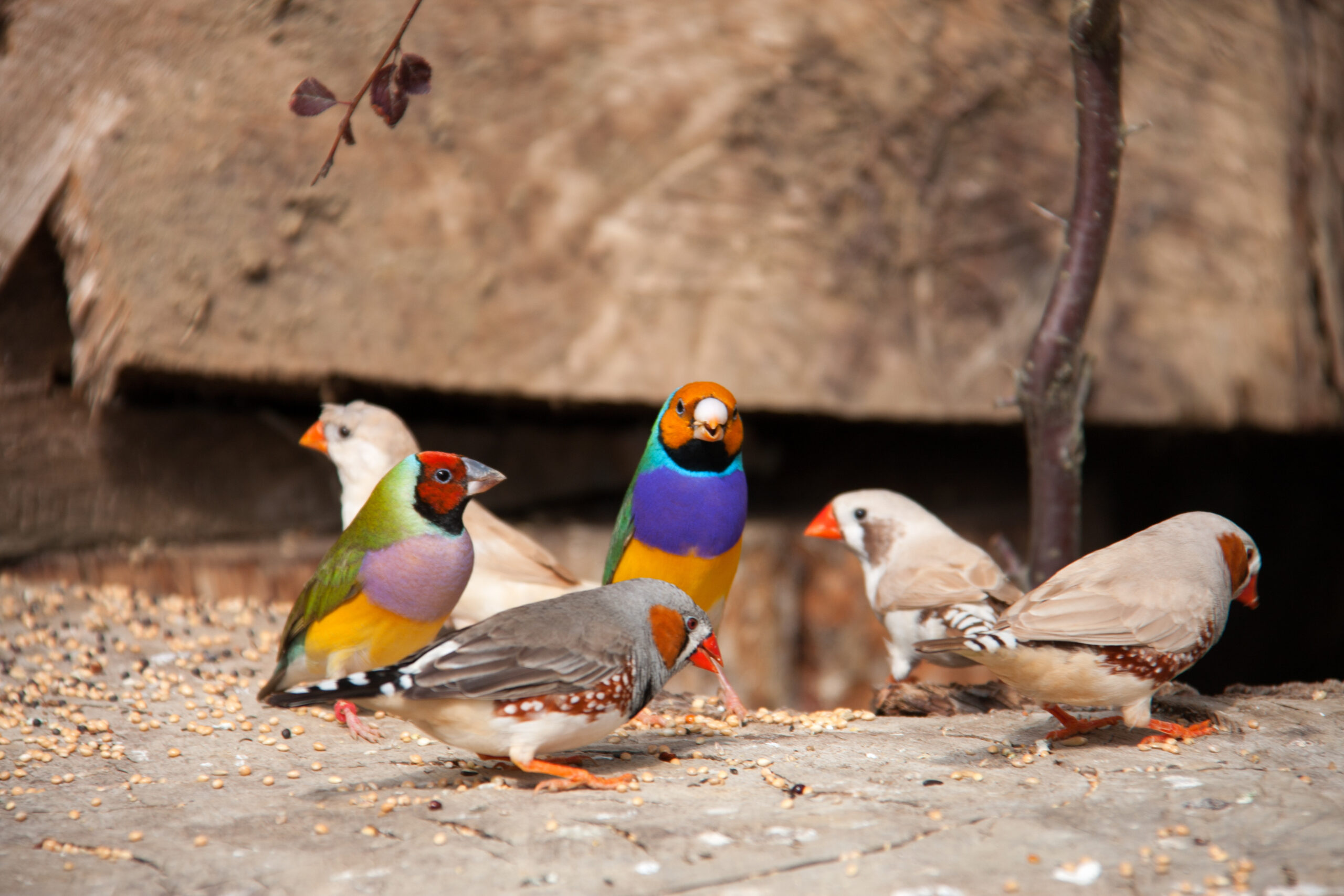
Finches are the perfect alternative for those who are wanting a feathered pet but not prepared to take on challenges. For example, finches don’t talk and are hands off birds, delight their owners with their aerial antics and social interactions with one another. In shorter terms, finches are the ideal for those wanting a pet bird but not ready to take on the demands of a parrot.
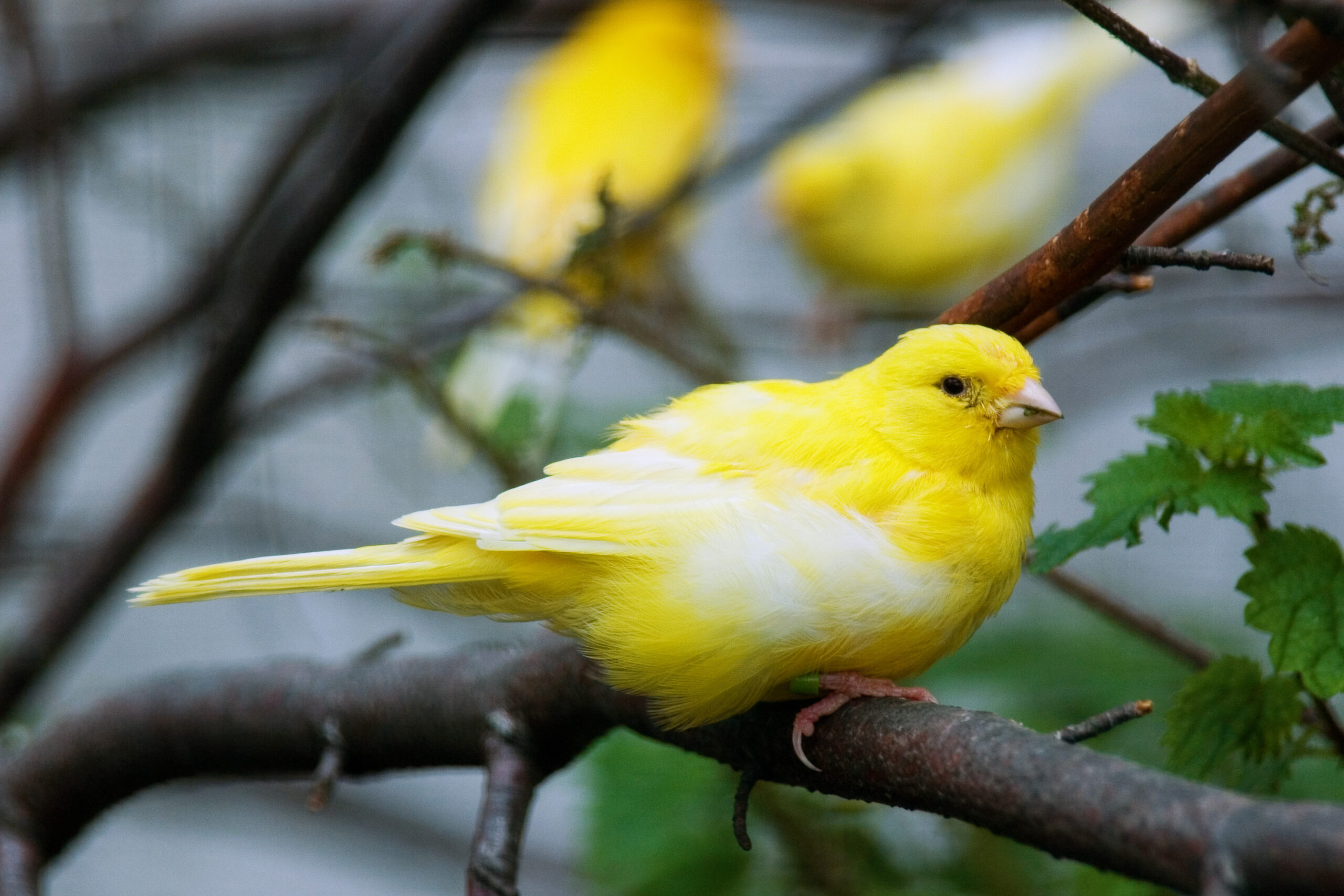
Canaries typically measure about four inches long, weigh less than an ounce and they are energetic, sweet tempered birds. However, they can be very territorial so if you have a group of canaries be prepared to separate one or a couple out into individual cages if they begin to pick on one another. Fun fact about canaries is that they enjoy the visual company of people, but this type of bird doesn’t like to be handled in the way that budgies and parrots like it, although some keepers have trained them to sit on the finger.
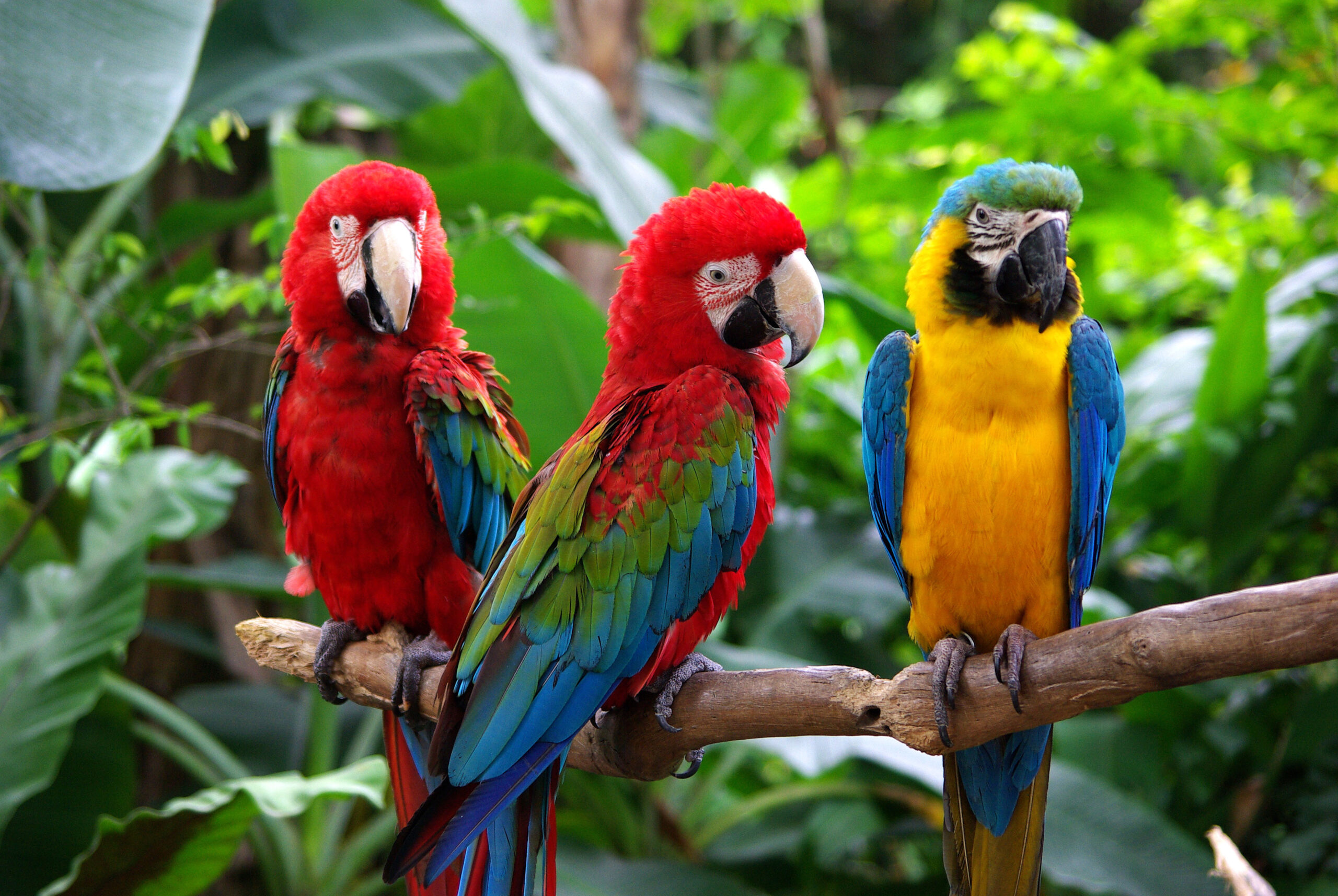
Parrots are among the cleverest of all types of birds, also they are the most noisy and sociable. Parrots are often colored, but most are dominated by green which helps them hide among leafy branches. Parrots are intelligent birds, they have relatively large birds, they can learn and adapt to new skills. Lastly parrots have curved bills (breaks), strong legs and clawed feet.
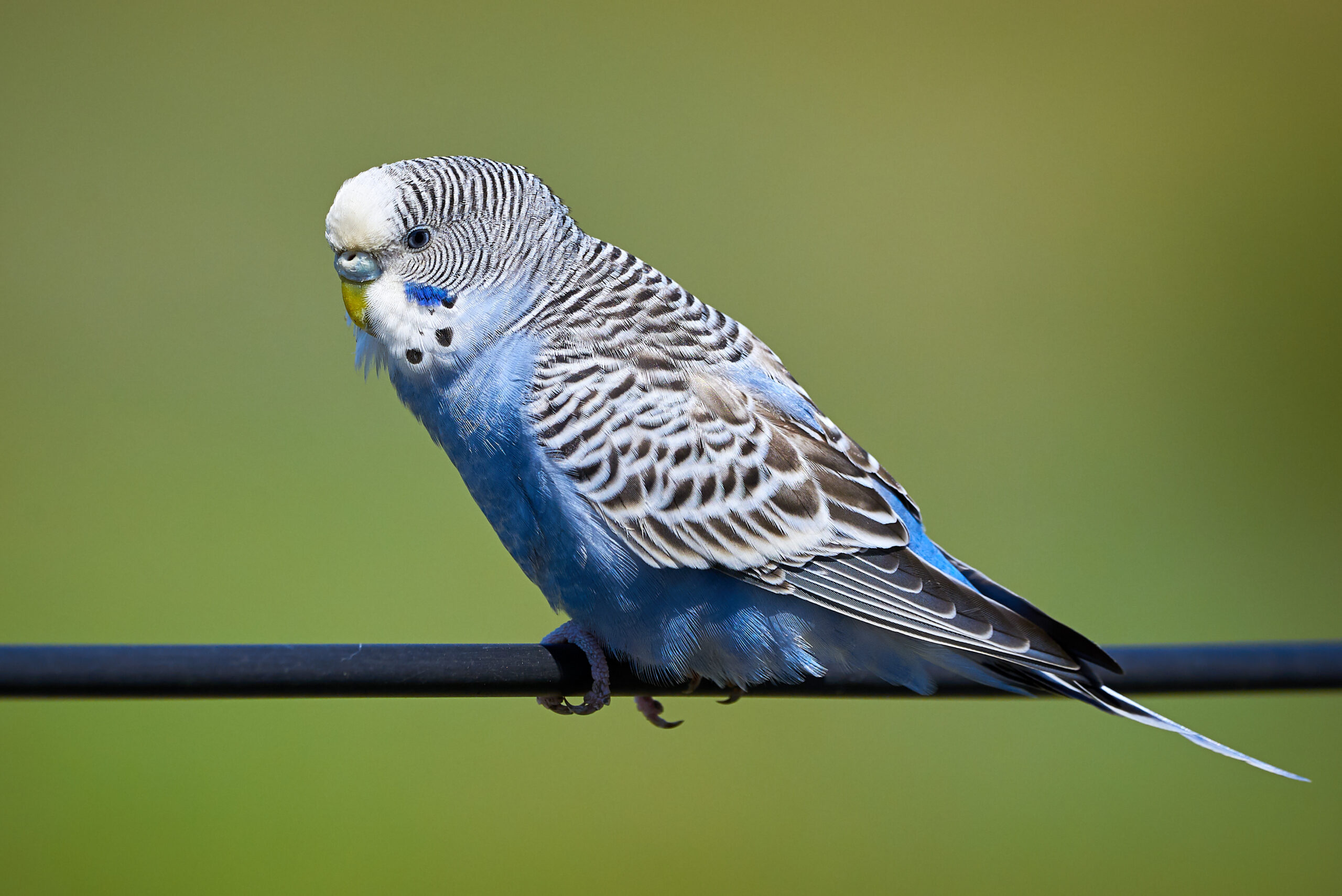
English budgies are generally a couple of inches larger than wild Australian budgies and have larger heads as well as grater plumage around their crown and face. Budgies were widely thought for many years to be a smallest species of parrot. Budgies can rotate their head by 180 degrees, this helps them in the wild to look in all directions in order to detect birds of prey early enough.
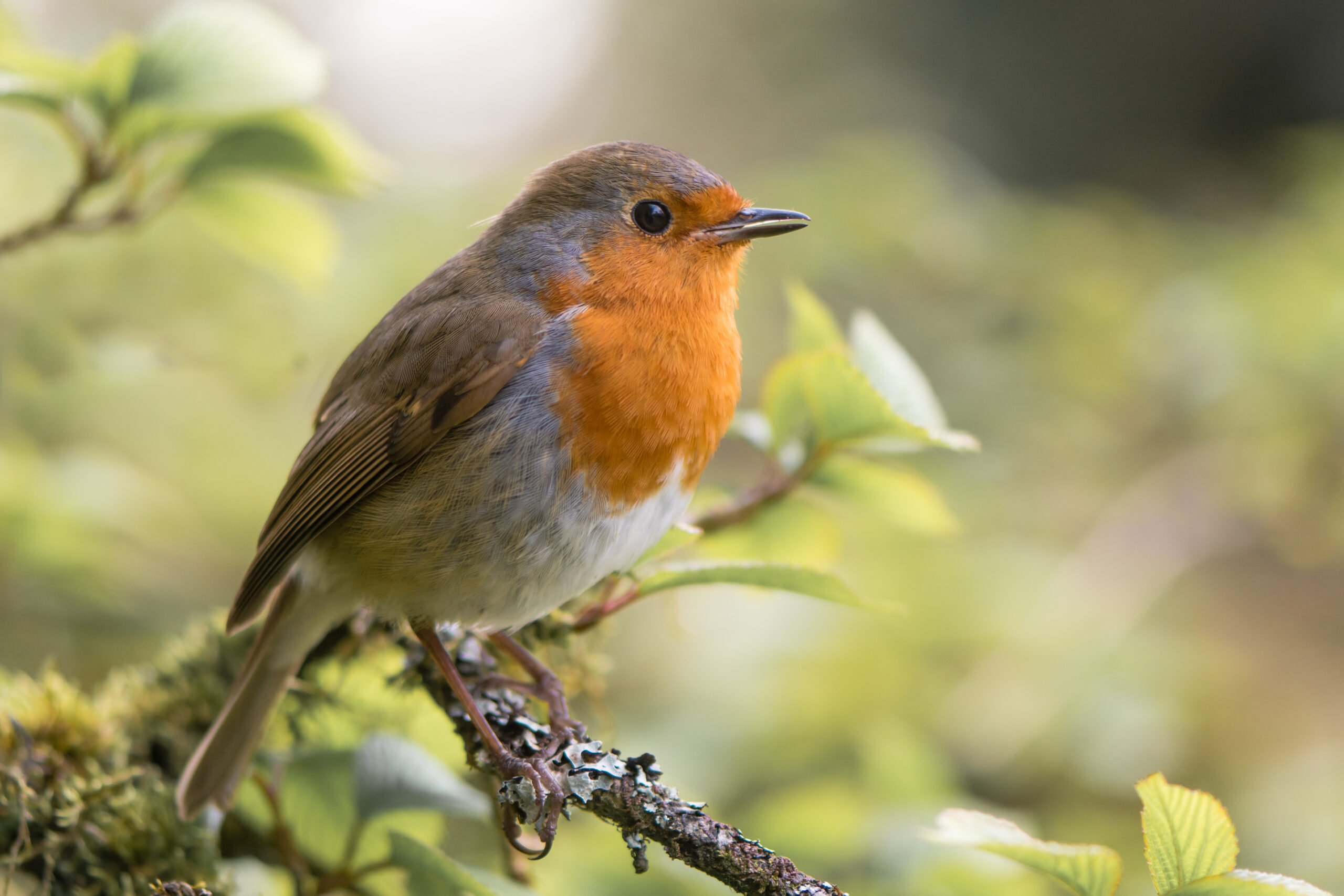
British birds are without doubt the commonest and most widely welcomed guests to our gardens, whether you live in the middle of the city or deep in the countryside. British birds are the most commonly sighted of all British wildlife, from the fatal pigeons in towns and cities, gulls on the coast and various birds which visit our gardens.
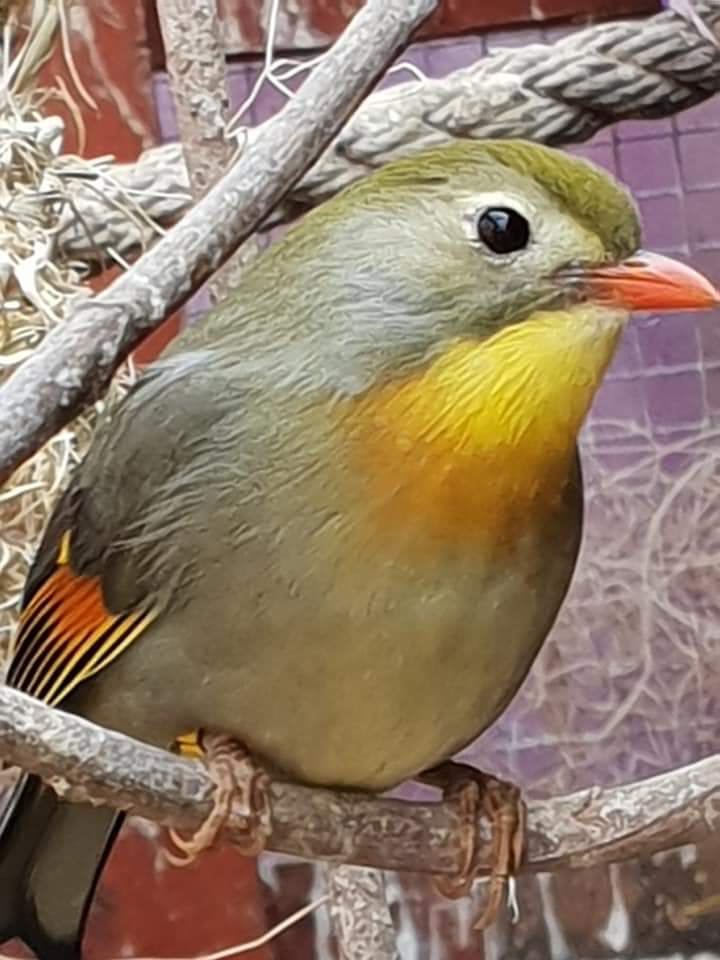
Softbills is a non-scientific term given to a large group of birds that mainly eat softer food such as fruit, plant parts, nectar and insects. Lories sometimes classified as softballs, because their diet is much more fruit and nectar based than other parrots. Softbills generally fall into three food eating categories insectivores, frugivores and nectarivores.

